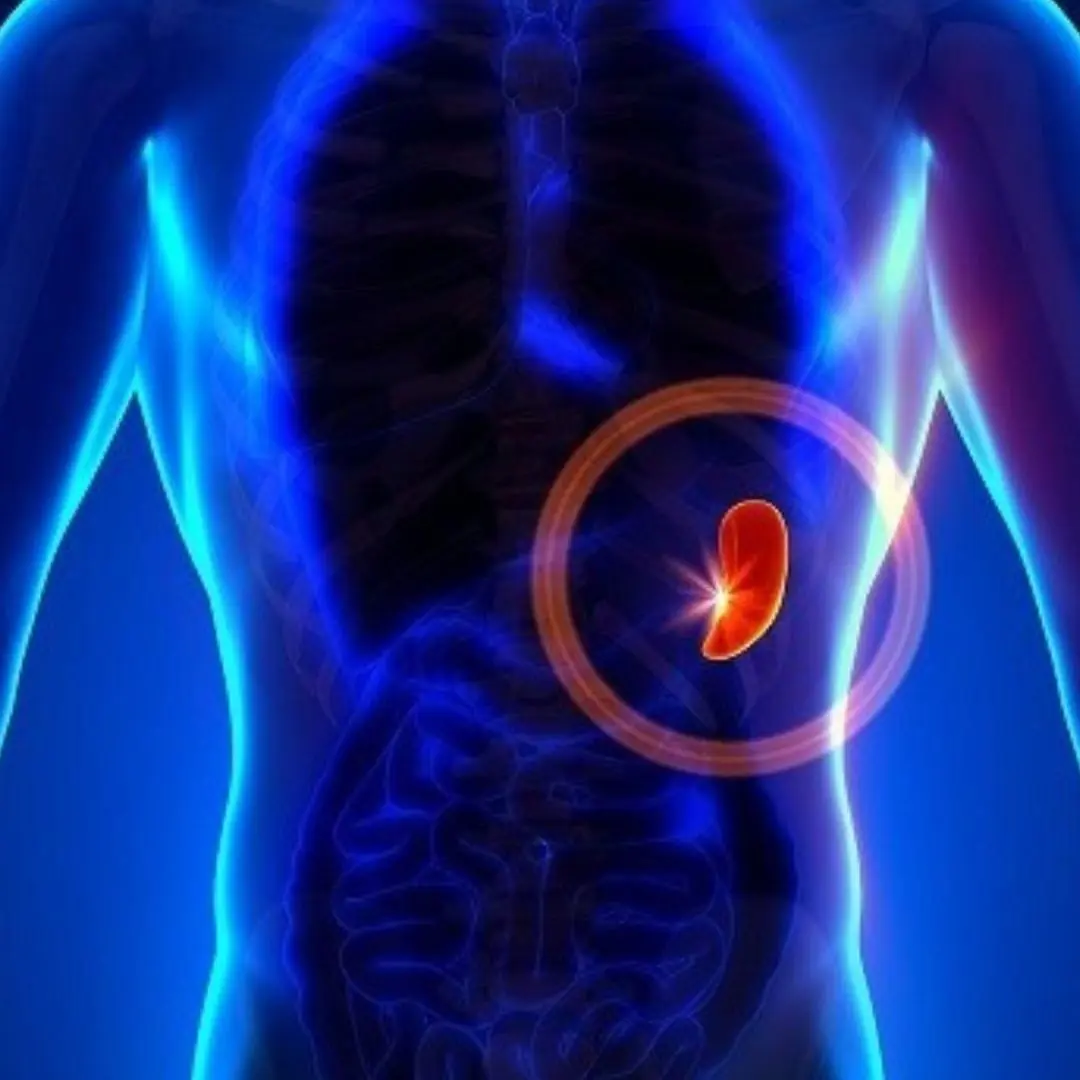
8 Cooking Habits That Make Your Family Eat Twice as Much Carcinogens
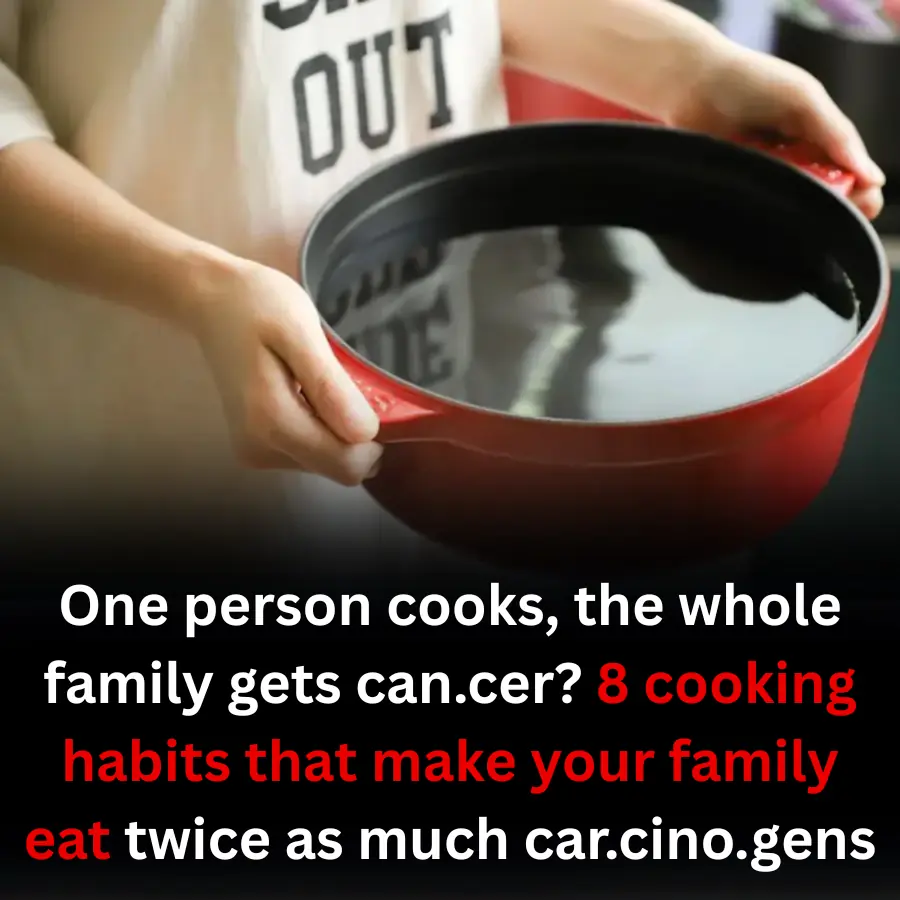
Freshly cooked dishes often smell delicious, but what you might not know is that some common cooking habits in the kitchen could silently be “planting seeds” for health risks—particularly by significantly increasing the presence of carcinogenic substances. Here are the “invisible killers” in your kitchen that you should avoid:
1. Waiting for oil to smoke before cooking
Many people wait until the oil is hot and starts to smoke before adding food, thinking it will make dishes taste better. However, this habit is harmful to your health:
-
Produces carcinogens: Starchy foods exposed to high temperatures can produce acrylamide, a Group 2A carcinogen. Protein-rich foods may form heterocyclic amines, strong cancer-causing agents that accumulate in the body, weaken the immune system, and increase cancer risk. Overheated fats can generate benzo[a]pyrene, a confirmed carcinogen.
-
Creates trans fats: It's not just processed foods that contain trans fats. When cooking oil is heated beyond 200°C (especially when it starts smoking), even for a short time, trans fats can form. These are linked to heart disease, diabetes, and chronic inflammation.
2. Reusing cooking oil multiple times
Oil reused after frying—known as "reused oil"—is extremely harmful if consumed frequently.
After being repeatedly heated at high temperatures, this oil generates harmful substances like acrylamide, heterocyclic amines, and polycyclic aromatic hydrocarbons.
Studies have shown that reusing oil seven times can increase malondialdehyde levels—a byproduct of fat oxidation—by 30 times. This compound can cause mutations, damage intestinal cells, harm the nervous system, and even lead to cancer.
3. Over-seasoning with salt during cooking
Some people believe good cooking requires heavy seasoning, so they add lots of salt to make dishes more flavorful. However, this habit is a double-edged sword.
Eating salty foods can increase the risk of high blood pressure, stroke, stomach cancer, and osteoporosis.
4. Not washing the pan between dishes
To save time, some people simply rinse the pan with water after one dish and use it immediately for the next. However, food residue and oil left on the pan can burn at high temperatures, producing harmful substances like benzo[a]pyrene. Burnt residue can also make the next dish cook unevenly and become less safe.
5. Using only one type of cooking oil for a long time
Rotating different types of cooking oil is important to maintain a balanced intake of fatty acids and nutrients:
-
Frying: Use palm oil or animal fats for their heat stability.
-
Everyday stir-frying: Soybean oil or peanut oil is recommended.
-
Salads and soups: Use flaxseed oil, perilla oil, or olive oil.
Choose the right oil for each cooking method.
6. Turning off the range hood immediately after cooking
Many people turn off the range hood right after cooking. This is actually a mistake.
After cooking, smoke and oil vapors are still thick in the air. It's best to let the hood run for another 3–5 minutes to clear out harmful gases and improve air circulation.
7. Always keeping the kitchen window closed
Some, especially the elderly, believe that keeping windows closed helps the range hood work better. In fact, it reduces air circulation and causes harmful gases to accumulate in the kitchen.
The correct way is to use the range hood and open the window at the same time to ensure proper airflow and complete gas combustion, reducing toxic emissions.
8. Not drying vegetables before putting them in the pan
If you often cook vegetables that are still wet, you should stop. When water from the vegetables hits hot oil, it causes splattering and dramatically increases the level of PM2.5 (fine particulate matter), even more than deep frying.
This not only increases the risk of burns from oil splashes but also severely affects the air quality in your kitchen.
Simple daily kitchen habits, if repeated over time, can increase the risk of cancer and chronic illnesses. Be proactive in changing your cooking habits to protect your health and your family’s well-being!
News in the same category


Achy Mornings? Here’s What Your Body’s Trying to Tell You — And How to Fix It

5 Pancreatic Can.cer Symptoms Often Mistaken for Sto.mach Issues

5 Types of Drinks That Can Harm Your Liv.er and Kid.neys at Night
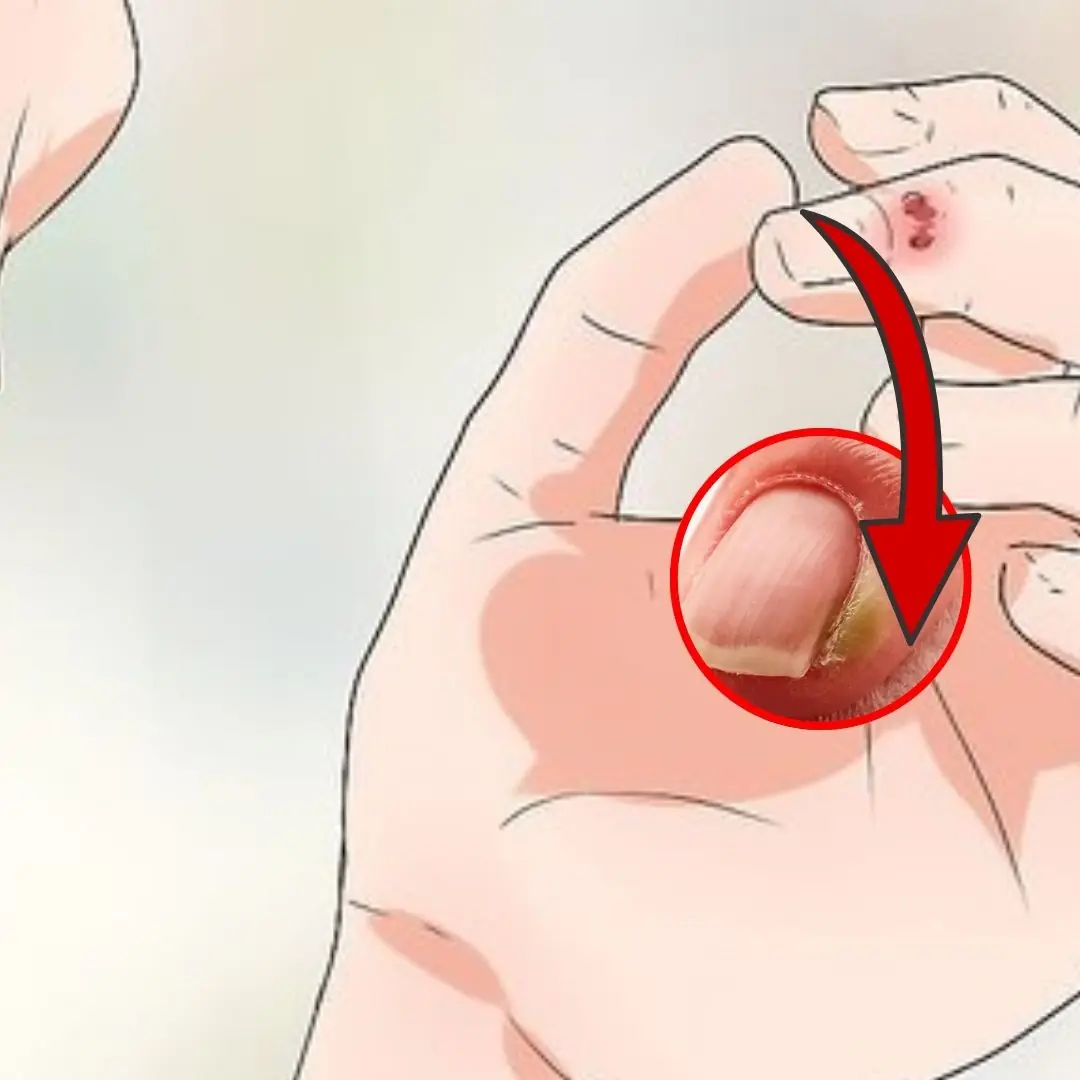
Suffering from Canker Sores? Here Are 3 Powerful Home Treatments You Should Try

When Fat Invades and Des.troys the Liv.er, the Body Swells in 5 Areas
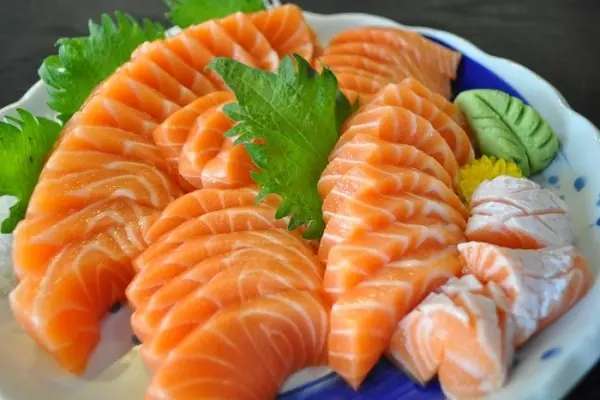
3 “Golden” Foods That Help Women During Menopause

4 Clear Warning Signs of Stro.ke
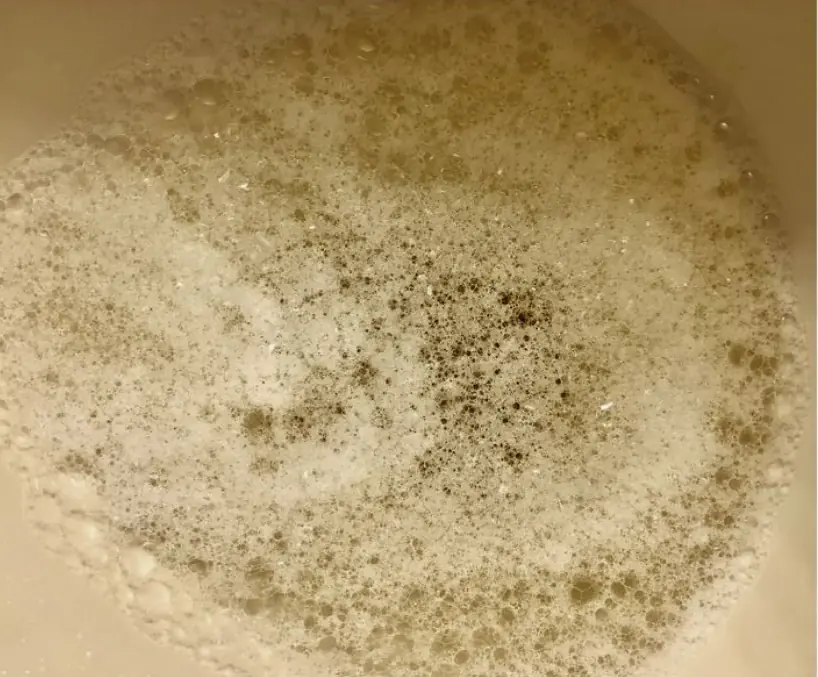
6 Bodily Changes That Are “SOS Signals” From Your Kid.neys Before Can.cer

Your Body Might Be Low on Zinc — Here Are 6 Signs to Watch For

Woman gets brain infection after eating refrigerated watermelon
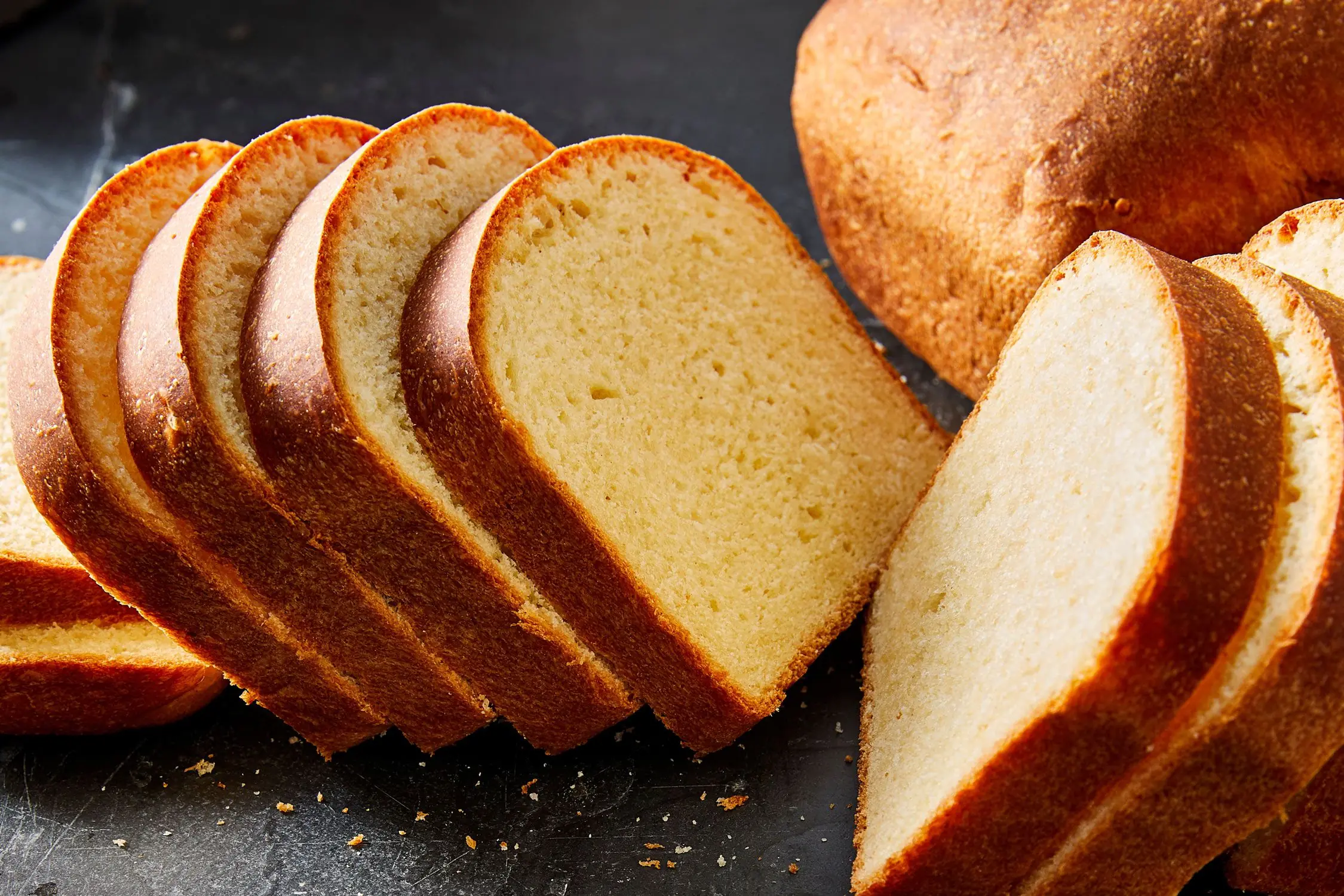
Bread May Be Delicious, But These 5 Groups Should Limit It
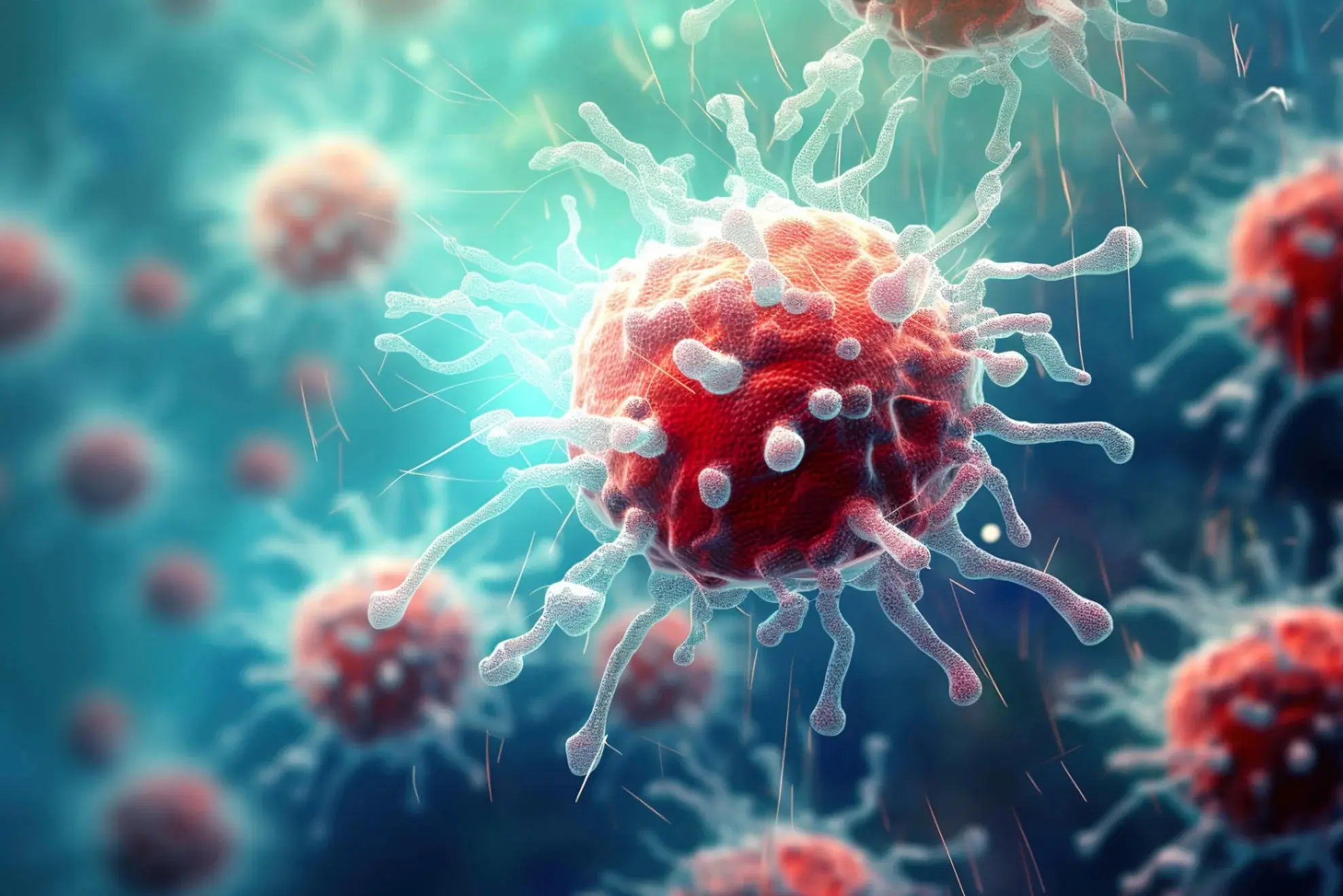
Identifying the “Switch” That Reduces Can.cer Cell Survival by 53%

Just 3 Minutes in the Morning: This Simple Test Can Reveal Hidden He.art Disease
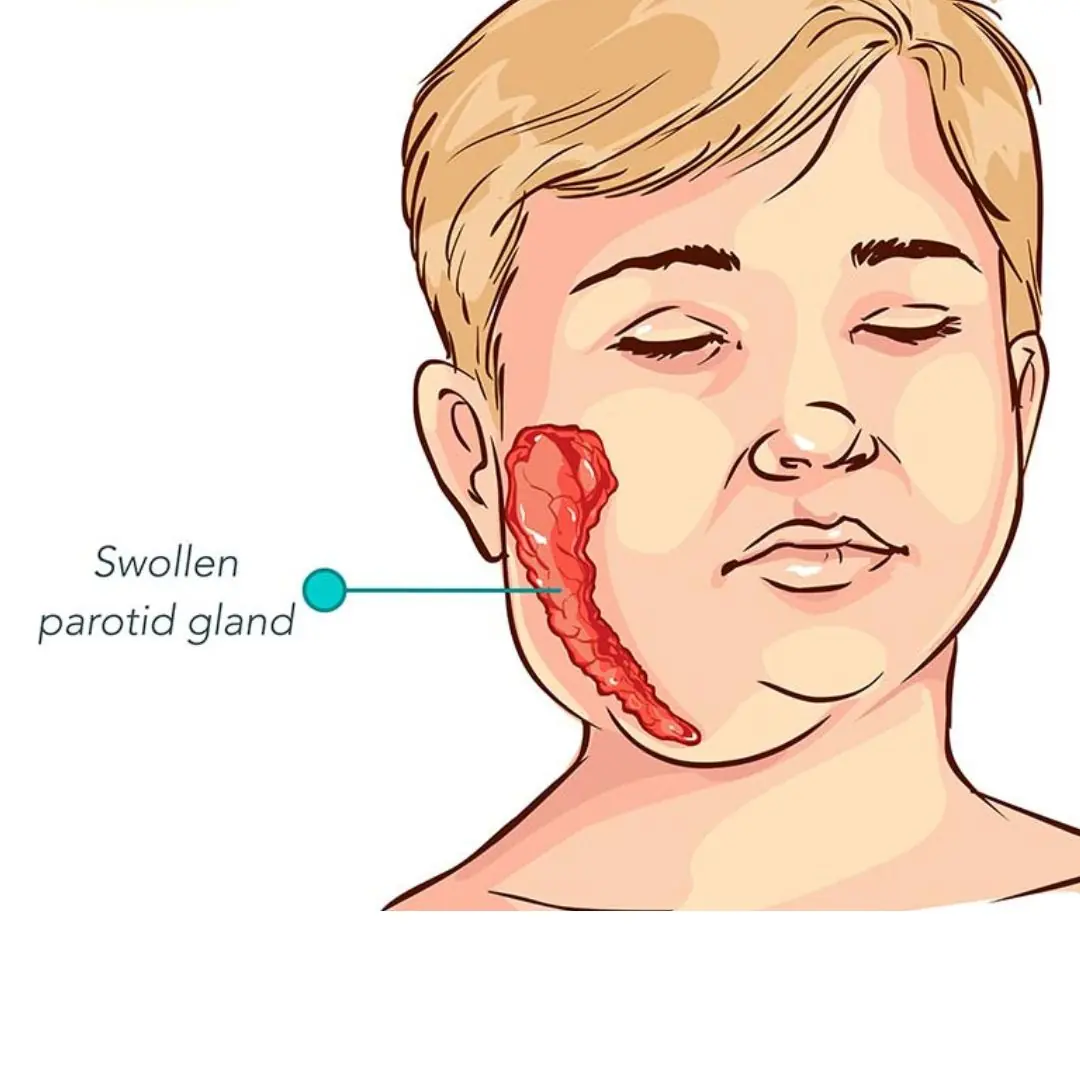
Does mumps in men affect reproductive health?
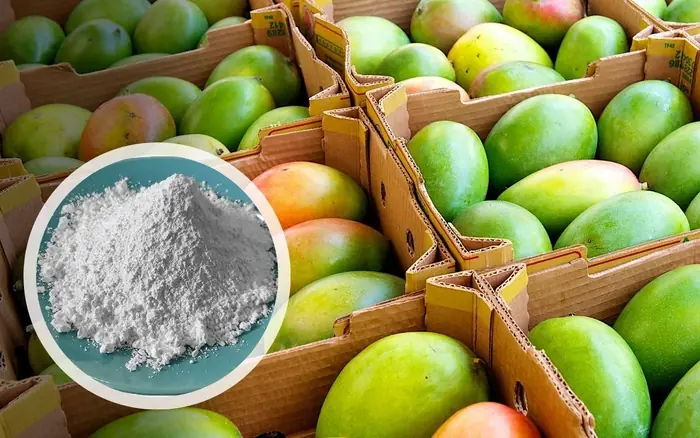
3 Types of Fruit Can.cer Cells “Love”

How to remove phlegm and mucus from chest and throat
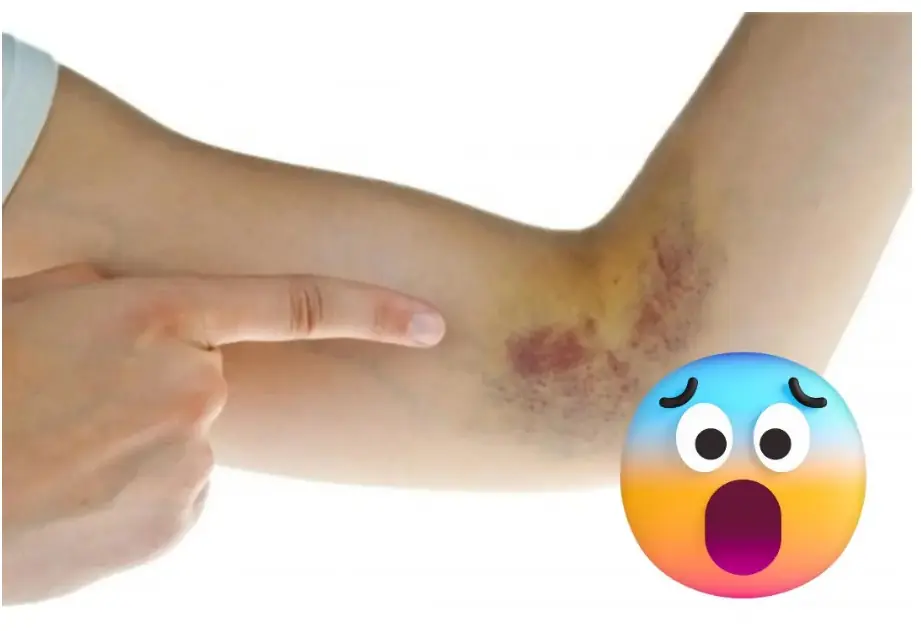
Simple signs to immediately recognize leukemia that you may never notice
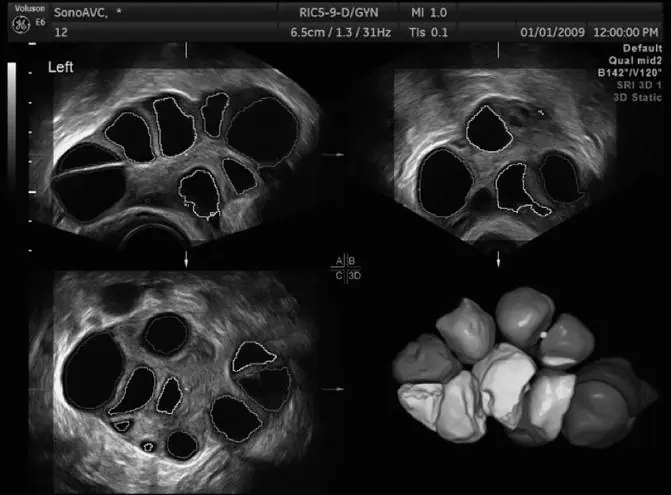
Two Kitchen Habits Behind Ova.rian Cysts — May Turn Can.cerous
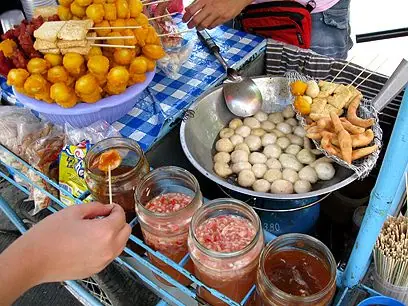
3 Cooking Habits You Must Change Immediately
News Post

Ever seen red-tipped bananas in Europe? Here’s why they look that way

Spleen Cancer: A Rare But Dangerous Disease – You Need To Know!

When You Propose, Why Do You Get Down On One Knee? Exploring The Tradition Behind The Romantic Gesture
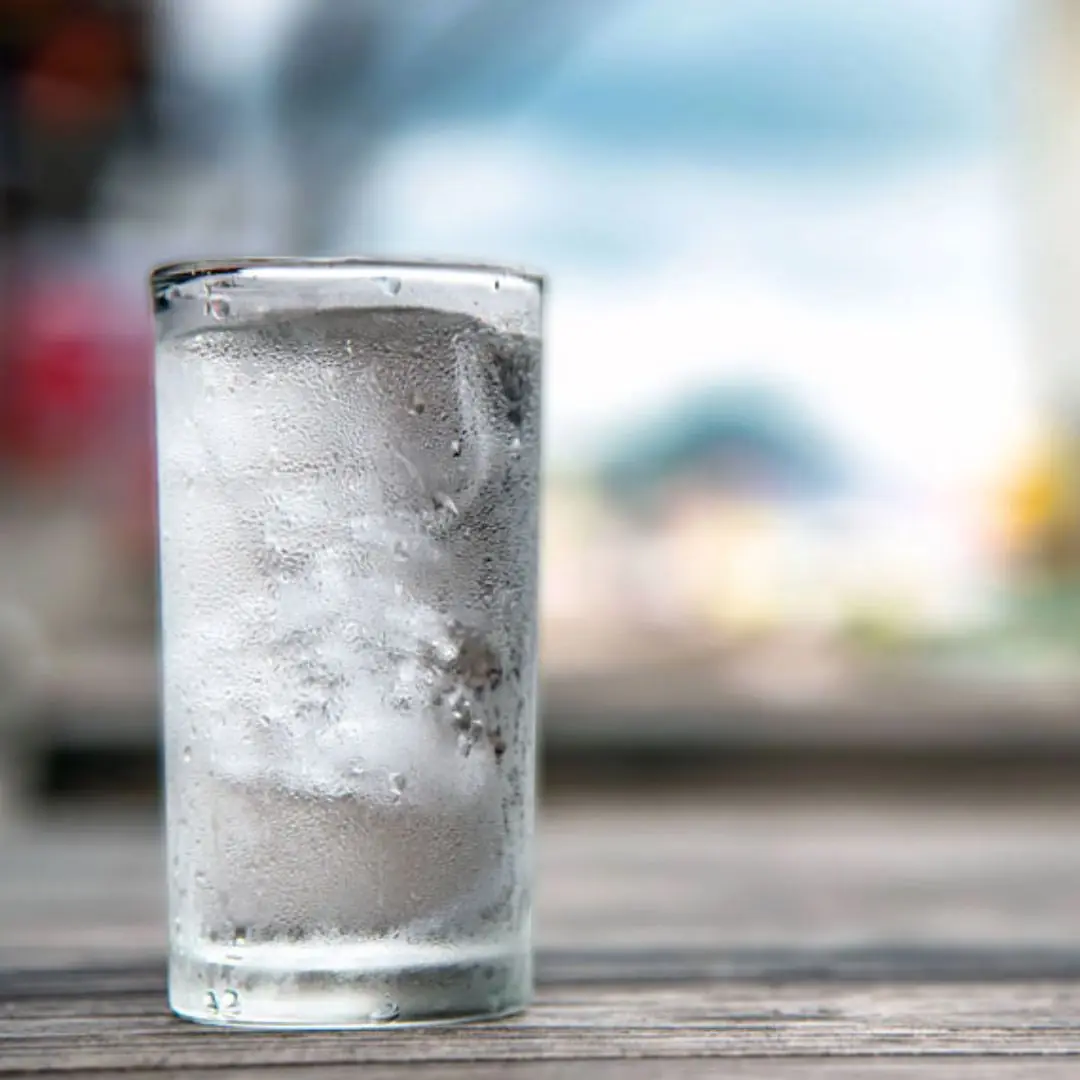
Drinking cold water at these 5 times can easily cause illness, no matter how much you like it, you should stay away from it

Achy Mornings? Here’s What Your Body’s Trying to Tell You — And How to Fix It

8 Early Signs of Mild Kid.ney Failure That Many People Ignore

Drinking Fresh Ginger Juice in the Morning Offers 5 Special Benefits

4 familiar traditional leaves that help de.t.o.x and cleanse the lu.ngs
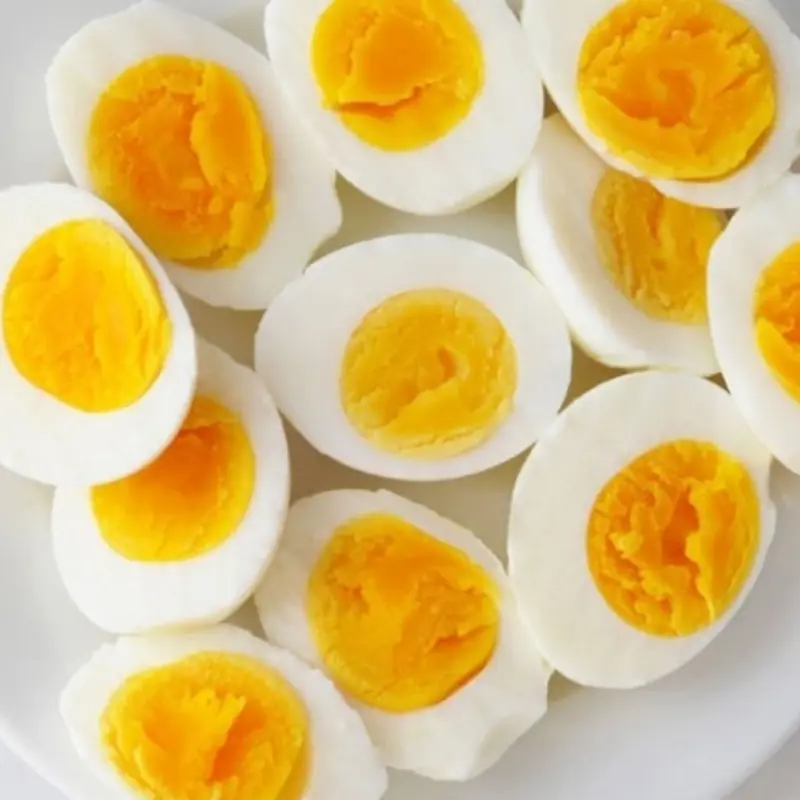
Top 5 Everyday Foods That Help Women Reduce Excess Fat After 40

5 Pancreatic Can.cer Symptoms Often Mistaken for Sto.mach Issues

5 Types of Drinks That Can Harm Your Liv.er and Kid.neys at Night

Squint your eyes and guess what animals are hiding behind these illusions
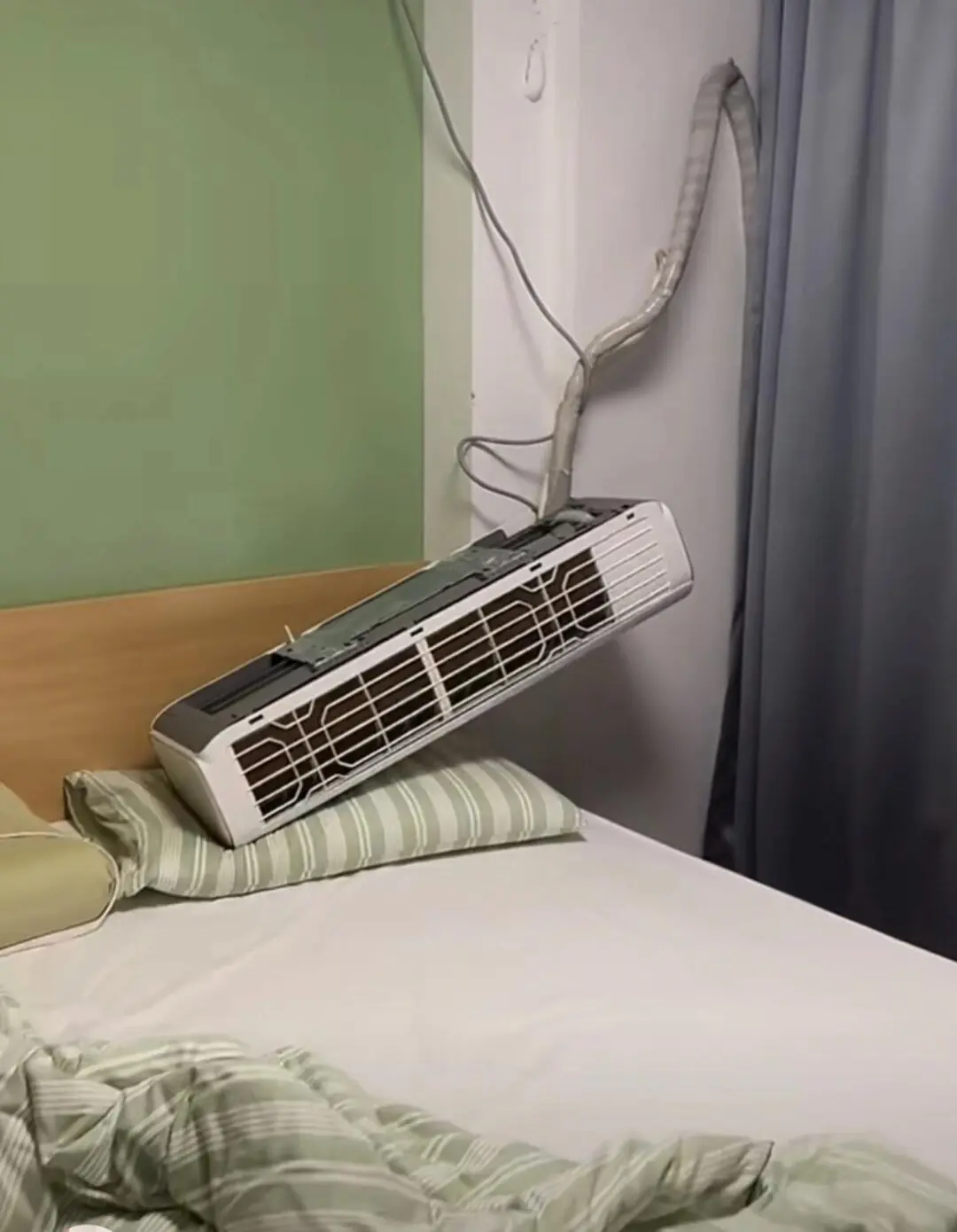
Avoid These 3 Mistakes That Waste Electricity and Harm Your Health
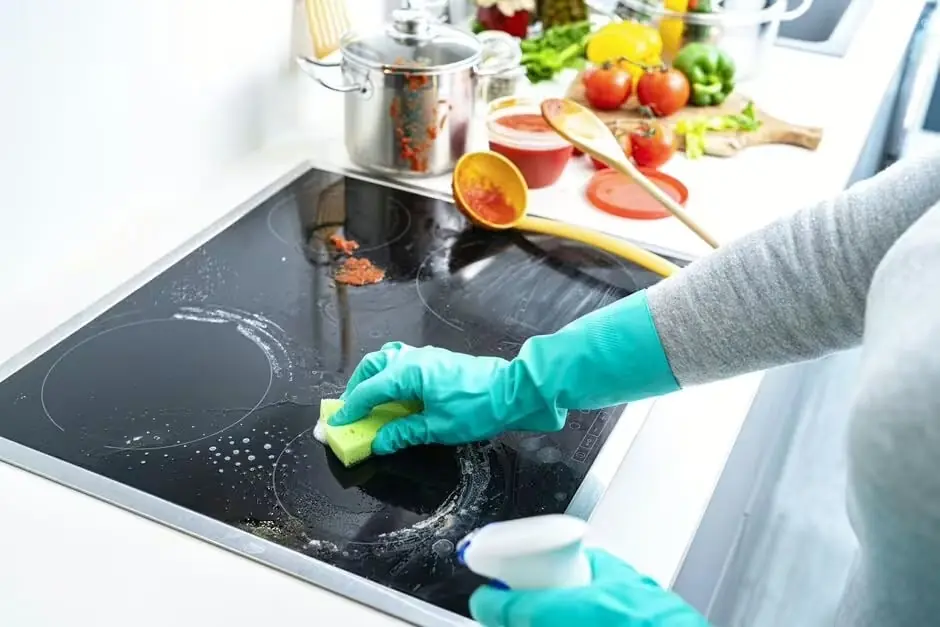
The secret to removing stubborn stains on glass stovetops without scratching the surface
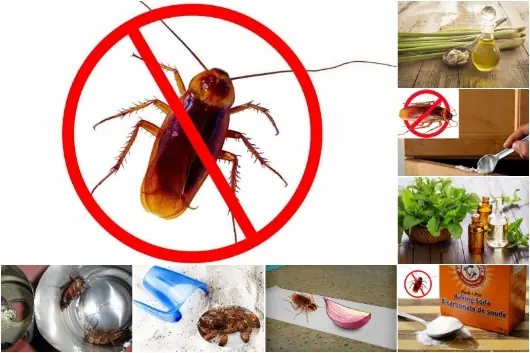
A Dirt-Cheap Kitchen Item Is the Ultimate Cockroach Kil.ler
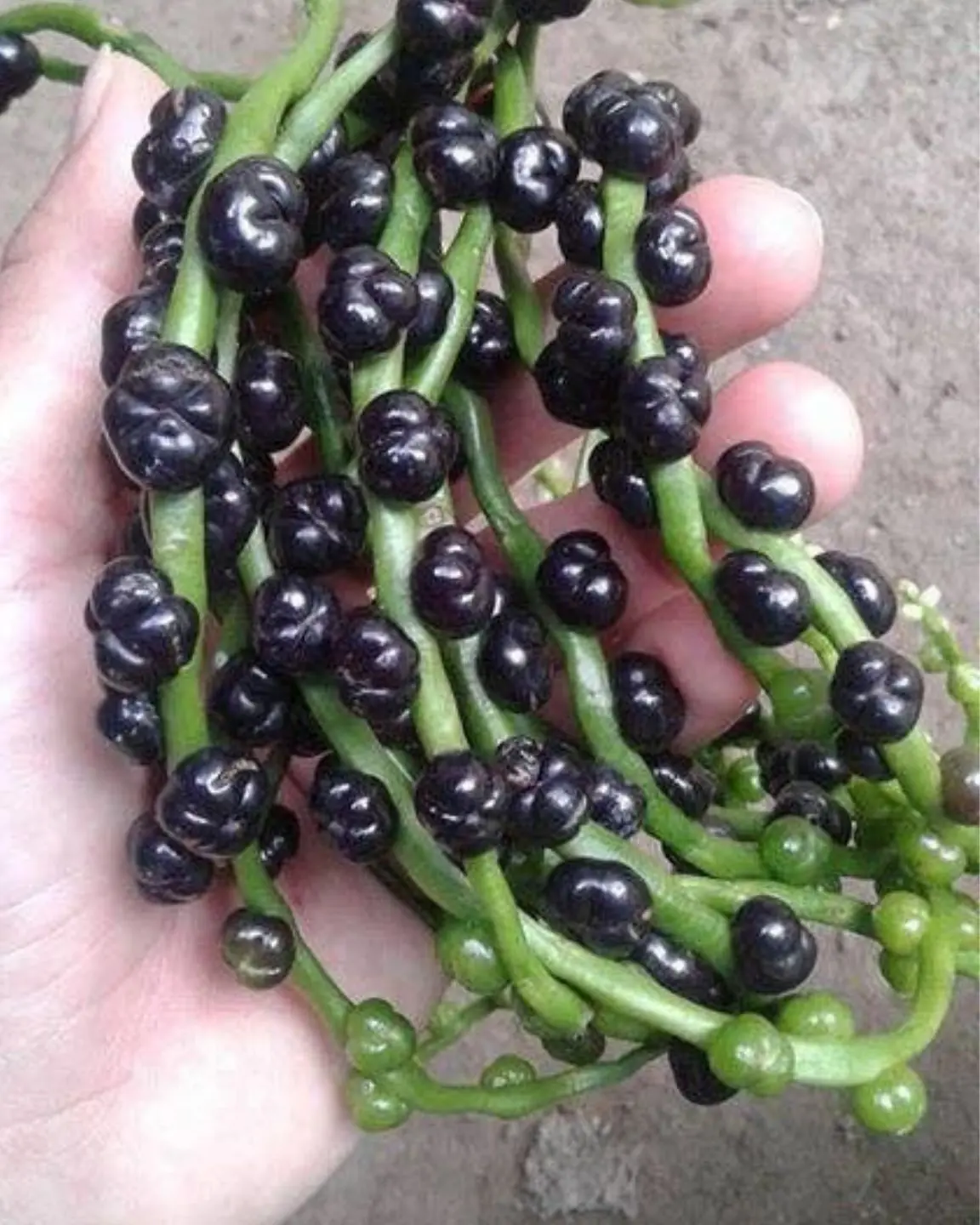
Only 1% of people guess correctly this fruit associated with childhood – are you one of them?

Suffering from Canker Sores? Here Are 3 Powerful Home Treatments You Should Try
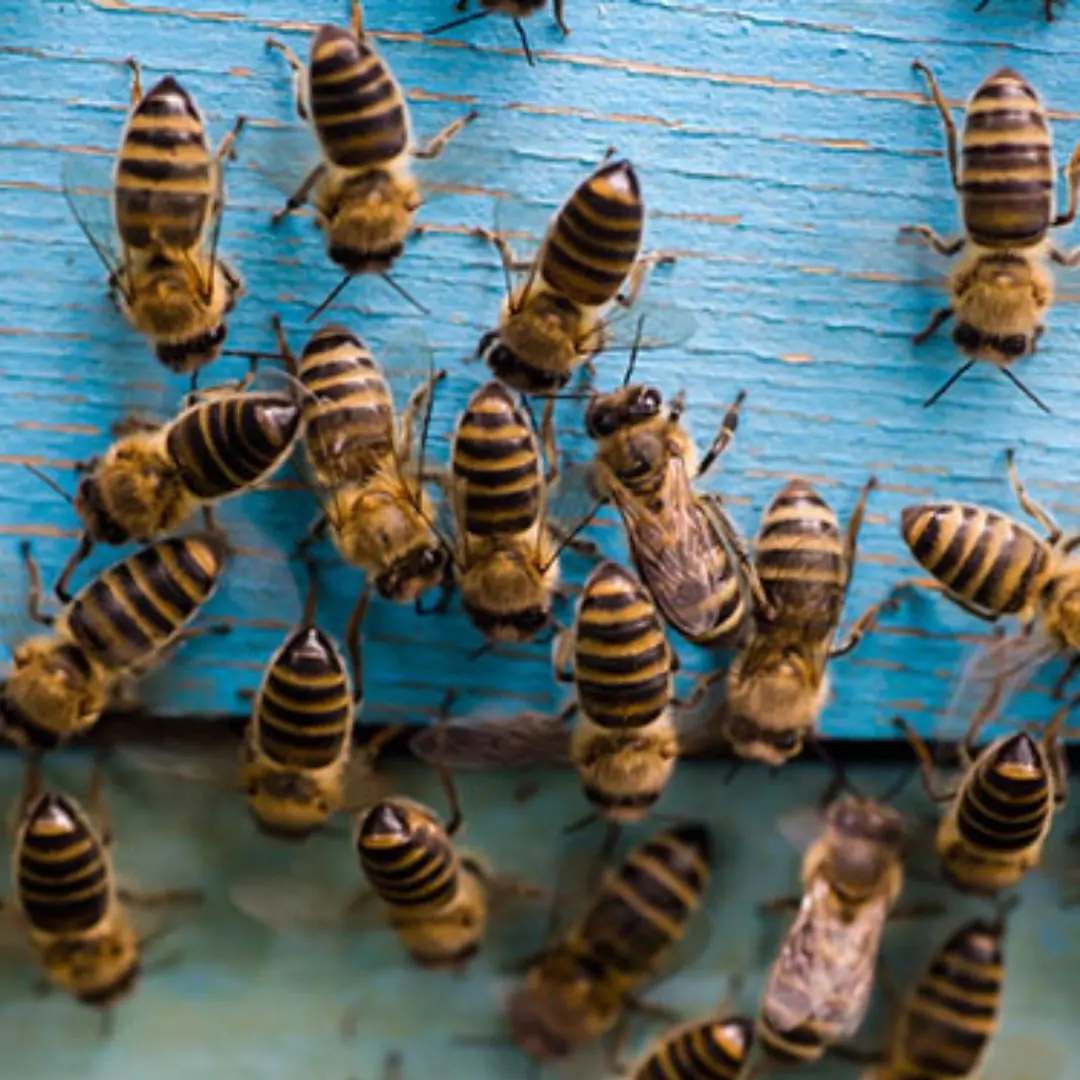
Is Your Home a Hidden Hive? 5 Signs of a Bee Infestation

7 Mistakes You Should NEVER Make During Hotel Checkout
